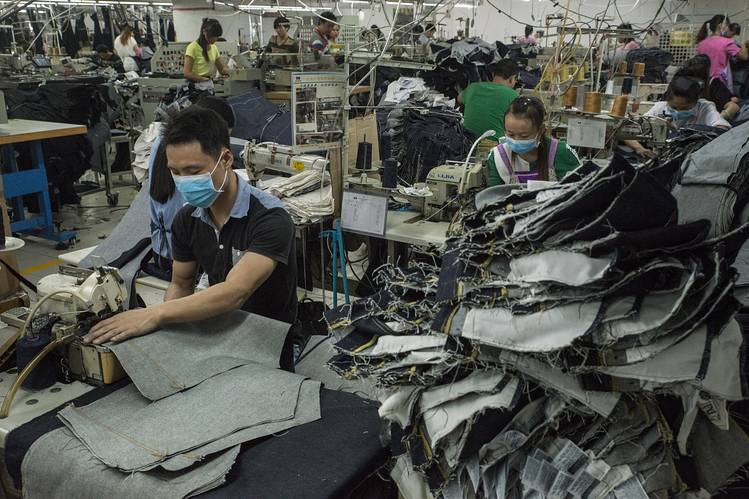Chinese authorities have launched an aggressive response to contain a growing outbreak of chikungunya virus, which has now infected over 7,000 people in the southern industrial city of Foshan. This marks the most significant spread of the virus in the country to date, raising alarm across public health institutions.
Health officials confirmed the virus, typically transmitted by infected mosquitoes, has spread rapidly in Foshan—a densely populated city near Hong Kong—due to recent heavy rains and elevated temperatures creating ideal breeding grounds for mosquitoes.
The outbreak has prompted sweeping public health measures, including the distribution of mosquito nets, widespread insecticide spraying in residential and construction areas, and heavy penalties for residents who leave standing water in containers like flower pots and bottles. In extreme cases, violators could face fines of up to 10,000 yuan ($1,400) and even power disconnections.
Understanding Chikungunya
Chikungunya, named after a Makonde word meaning “that which bends up,” refers to the stooped posture caused by its intense joint pain. Symptoms typically include fever, fatigue, nausea, rash, and muscle aches, though in rare cases, joint pain can persist for months or even years. While fatalities are uncommon, they mostly affect infants and the elderly with preexisting conditions.
“This outbreak is particularly concerning because chikungunya has never been established in mainland China before,” said César López-Camacho of the University of Oxford. “The population’s lack of immunity has likely contributed to the rapid spread.”
No Cure, Limited Vaccines
There is currently no specific treatment for chikungunya. Care is typically supportive, involving fever-reducing and pain-relieving medications. Although vaccines exist in parts of Europe, Brazil, and Canada, they are not widely available in outbreak regions like southern China.
Global Health Warning
The Foshan outbreak is part of a larger global trend. In 2025 alone, the European Centers for Disease Prevention and Control recorded 240,000 cases and 90 deaths in 16 countries, with Brazil, Bolivia, Argentina, and Peru reporting the highest case numbers.
Experts, including Robert Jones of the London School of Hygiene and Tropical Medicine, warn that climate change and urban sprawl are fueling the resurgence of mosquito-borne illnesses. “This could be the start of wider outbreaks across southern China,” Jones cautioned, “especially in other humid, densely populated cities.”
As authorities rush to contain the crisis, public health officials are urging residents to remain vigilant, eliminate standing water, and take preventive measures against mosquito bites.


